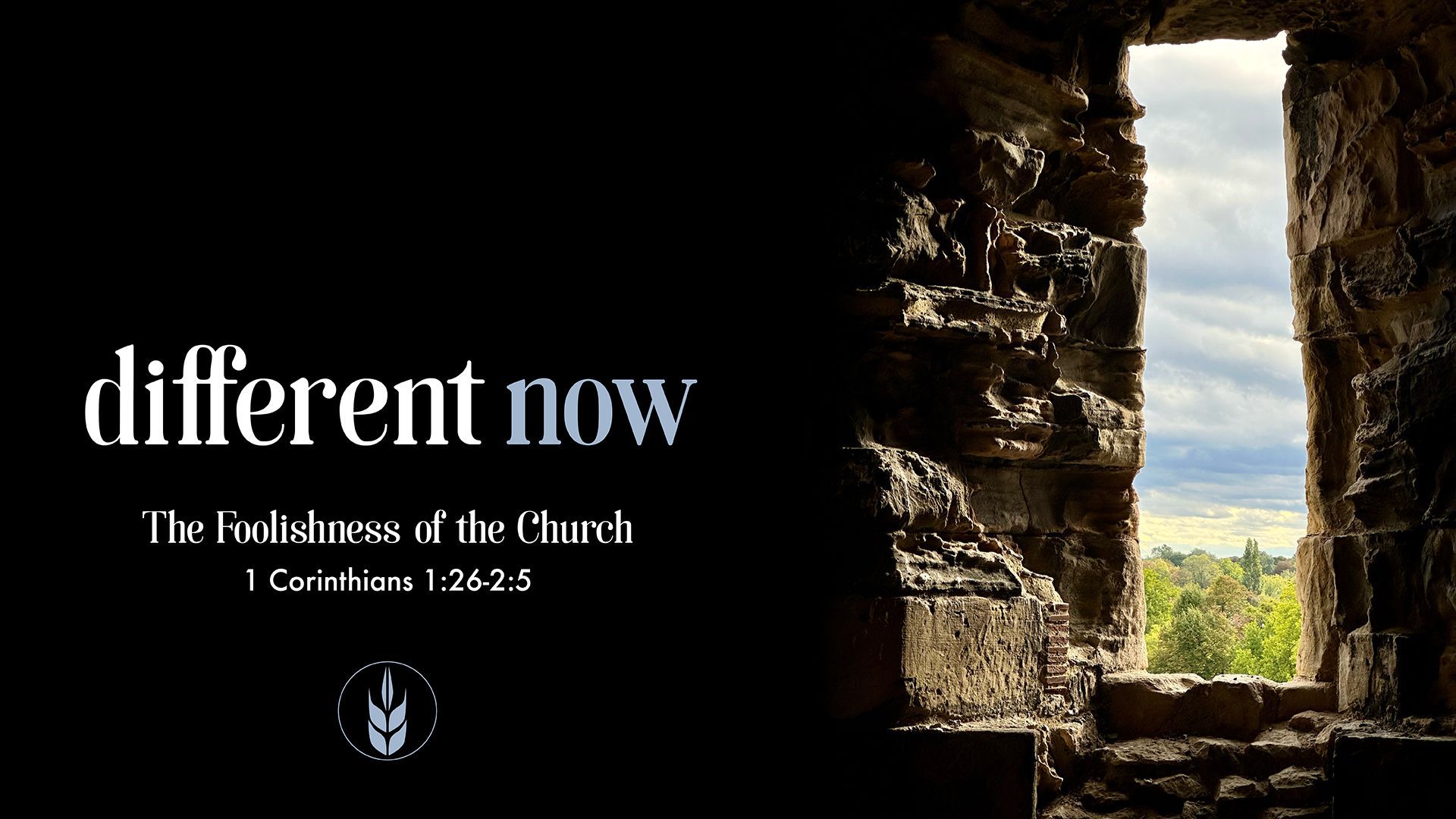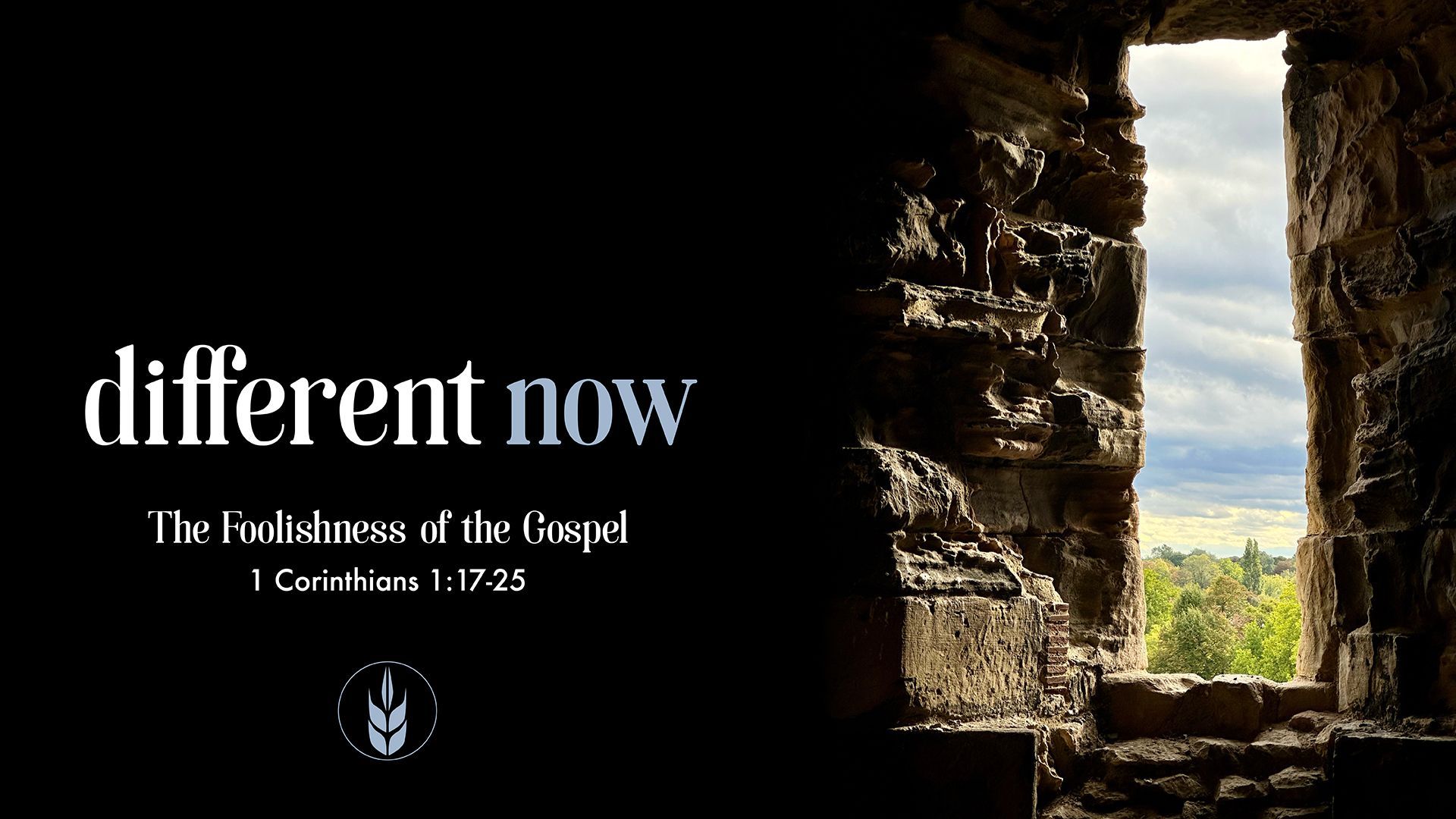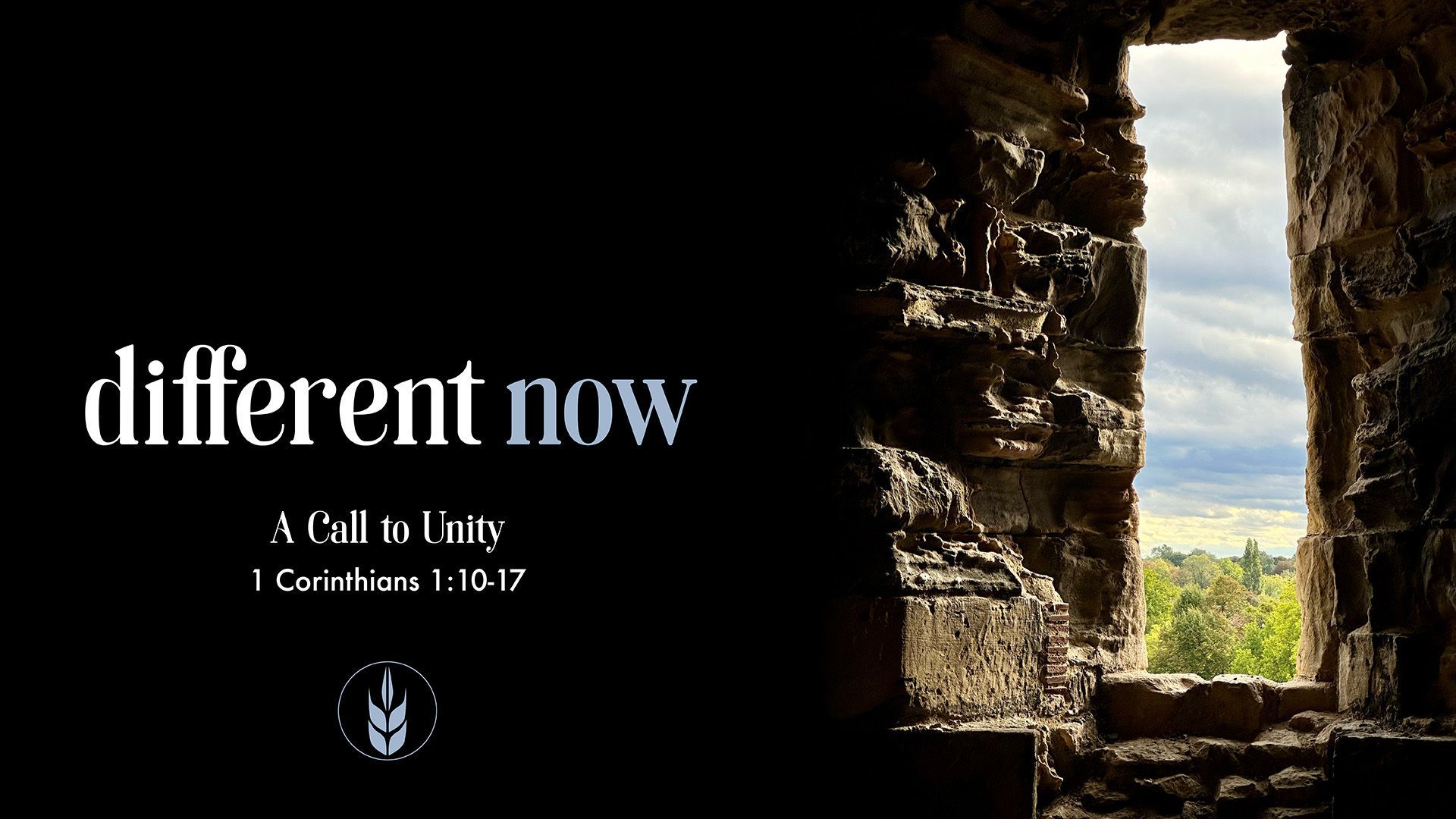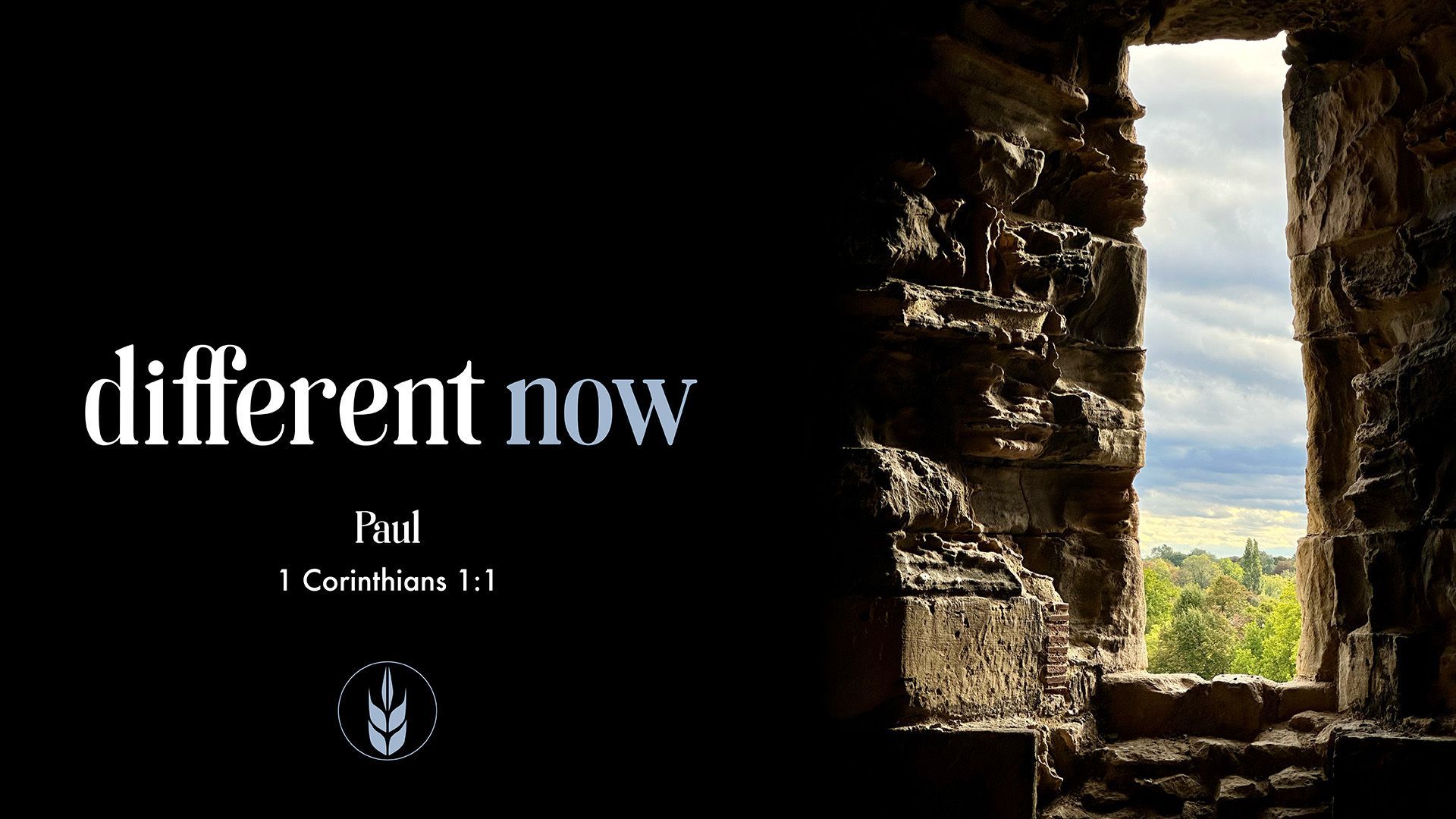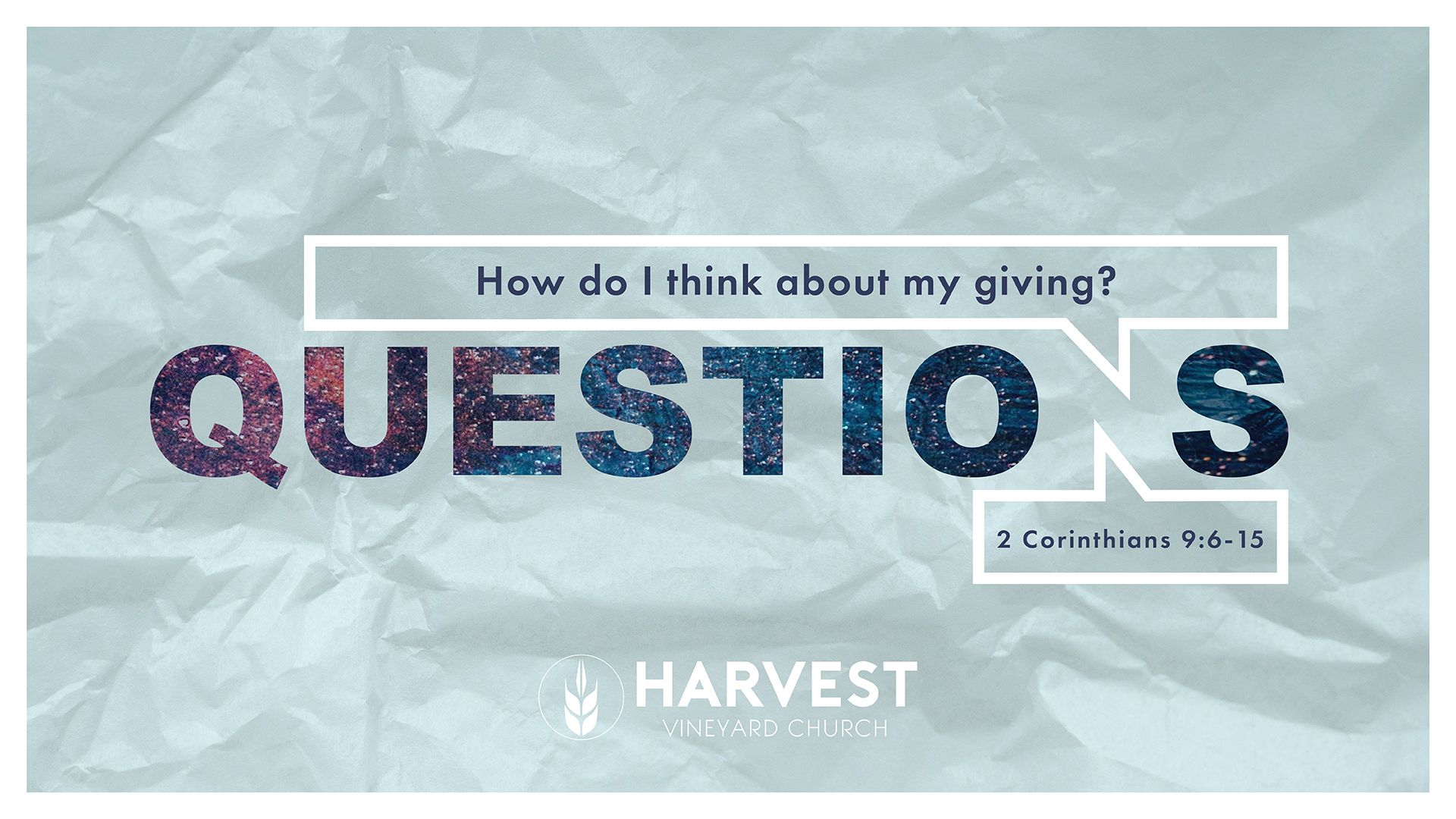
The Freedom of Generosity: Discovering Joy in Giving
Money. It's one of those topics that makes people shift uncomfortably in their seats, yet it touches every aspect of our daily lives. We think about it constantly—earning it, spending it, saving it, worrying about it. But what if our relationship with money could be transformed from a source of anxiety into an avenue of freedom and joy?
The truth is, God has much to say about our finances, not because He needs our money, but because He knows what's best for us. When we align our giving with God's design, we discover something remarkable: generosity isn't just about supporting good causes—it's about experiencing spiritual growth, deeper trust, and genuine joy.
The Surprising Statistics
Consider this: the average American gives less than 2% of their income to any charity. Among those who identify as Christians, that number rises only slightly to 2.5%, with 20% giving nothing at all. These statistics reveal something important: most people genuinely want to give more than they currently do, but they feel financially trapped or uncertain about how to give wisely.
The gap between desire and action isn't usually about a lack of compassion—it's often about never learning biblical principles around giving or feeling overwhelmed by financial pressure.
Why Give?
The Apostle Paul's letter to the Corinthians offers profound wisdom about generosity. He writes: "Remember this: whoever sows sparingly will also reap sparingly, and whoever sows generously will also reap generously. Each of you should give what you have decided in your heart to give, not reluctantly or under compulsion, for God loves a cheerful giver."
This agricultural metaphor is powerful. A farmer who plants sparingly gets a sparse crop; a generous planter reaps abundantly. The same principle applies to our giving—it's an investment in God's work that yields returns far beyond what we can imagine.
Giving Should Be Joyful
The Greek word Paul uses for "cheerful" is closer to our word "hilarious." That's right—giving should be so joyful it's almost funny! Study after study confirms that generosity actually leads to happiness. When we give, we're wired to experience joy.
Giving Relieves Financial Worry
Counterintuitively, giving can actually reduce financial anxiety. Paul reminds us that "God is able to bless you abundantly so that in all things at all times, having all that you need, you will abound in every good work." Notice all those "alls"—all things, all times, all that you need.
Giving doesn't mean abandoning financial responsibility, but it does mean surrendering the burden of fear. When we give to God first, we acknowledge Him as our ultimate provider, which powerfully releases the grip of financial worry.
Giving Enriches Our Lives
Paul promises that "you will be enriched in every way so that you can be generous on every occasion." This enrichment might be material, relational, or spiritual. It might come through enhanced gifts and abilities or through character development.
In our materialistic culture where accumulation is normalized, giving serves as an antidote to greed. It reminds us that life isn't about stockpiling possessions—it's about becoming more like Christ.
Giving Meets Real Needs
Generous giving blesses others and supplies needs for God's people. When we give through our local church, we meet real needs of real people—providing care during difficult seasons, supplying food, offering benevolence, and supporting countless ministries that touch lives in tangible ways.
Giving Demonstrates Faith
Our giving proves what we profess. We say our faith is in Jesus, and giving is one way we demonstrate that trust through obedience. In the Old Testament, God instructed people to bring their "first fruits"—the first portion of their harvest—before they knew if the crop would be abundant. It was an exercise in trust.
Similarly, our giving shows trust in God's provision even when facing an uncertain future.
The Principle of First Fruits
The world teaches us to earn, enjoy (often overspend), repay debt, save, and then—if anything's left—give the excess. God's design inverts this order: earn, give first, save, repay debts, then enjoy what remains.
This "first fruits" principle isn't about legalism—it's about priority. It says, "God, you're the source of everything. Every single thing I have comes from you. My giving is a response to your provision."
As Deuteronomy 26 beautifully expresses: "Now I bring the first fruits of the soil that you, Lord, have given me." It's all a gift from God in the first place.
Taking the Next Step
Growing in generosity is a journey, not a destination. Here's how to take your next step:
Start somewhere. If you've never given, give something—$10 or $10,000, whatever represents a first step of faith. Every good habit starts with the first one.
Give regularly. Move from one-time giving to consistent giving. Whenever you receive income, give the first portion back to God.
Give proportionally. A tithe (meaning "tenth") is 10% of your increase given back to God. This isn't about legalism but about learning to make investing in God's work a real priority. Think of it as training wheels for generosity—it teaches you to mature and grow until generous living becomes your natural way of being.
Live generously. The ultimate goal is a generous and sacrificial lifestyle where you freely receive from God and freely give wherever He leads—a mindset of abundance rather than scarcity.
The Four-Month Challenge
If proportional giving is new to you, consider trying it for four months. Give God the first 10% of your income, and watch what He does. This isn't about earning God's favor—it's about testing His faithfulness and experiencing the freedom that comes from trusting Him with your finances.
The Guarantee
Two things are guaranteed when you stretch in faith and giving: You will grow. And you will experience resistance. Your flesh will resist. The enemy will resist. Others might question your decision. But God has good things in store when we trust Him.
John D. Rockefeller, one of history's wealthiest individuals, once said: "I would never have been able to tithe the first million dollars I ever made if I had not tithed my first salary, which was $1.50 a week."
Generosity isn't about how much you have—it's about learning faithfulness with whatever God has entrusted to you.
What step is God inviting you to take today? What fears arise when you consider it? Remember: there's nothing you possess that God hasn't given you. Everything belongs to Him. Generosity is simply living in alignment with that reality—and discovering the joy that comes with it.
What does God say about generosity?
How can generosity help me feel less stressed about money?
Giving shifts your focus from fear to trust by reminding you that God is your provider, not your bank account. When you give first, it loosens the hold that worry has on your heart. Many people actually find that generosity brings unexpected peace because it reframes their entire relationship with money.
Why does the Bible say giving should be joyful?
Scripture teaches that cheerful giving flows from a heart that trusts God. It’s not meant to feel forced or pressured but freeing, like you’re participating in something bigger than yourself. When giving comes from a place of gratitude, joy follows naturally.
What does “first fruits” giving mean for my life today?
First fruits simply means giving to God first instead of waiting to see what’s left at the end of the month. It’s a posture of trust that says, “Everything I have comes from you.” Practicing this helps re-center your priorities and builds deeper faith over time.
What if I try to give more and feel resistance or fear?
Feeling tension is completely normal—growth rarely feels comfortable. Fear, doubt, and even outside opinions can make you second-guess yourself. But that resistance often means you're stepping into a deeper level of trust, and God works powerfully in those moments.
How does giving help me grow spiritually?
Generosity stretches your faith by asking you to trust God with something deeply personal. It also breaks the cycle of materialism and develops qualities like compassion, humility, and dependence on God. Over time, giving becomes less about the money and more about becoming who God calls you to be.
Hit play to listen to the sermon this blog is based on
At Harvest Vineyard, we believe we are better together, in community. We're glad you're here.
ENCOUNTER CHRIST.
EXPERIENCE COMMUNITY.
LOVE THE WORLD.
We believe that experiencing the love and mercy of God is more effective in bringing change to people's lives than rules, guilt, and condemnation. We have attempted to make our community a place where people can come as they are and still experience love and mercy. At the same time, we desire to learn and apply the truth of God to our lives and learn how to speak truth to one another.



